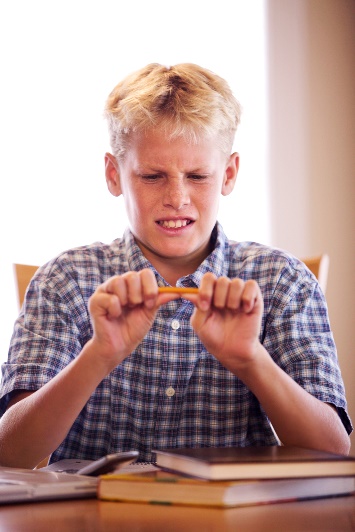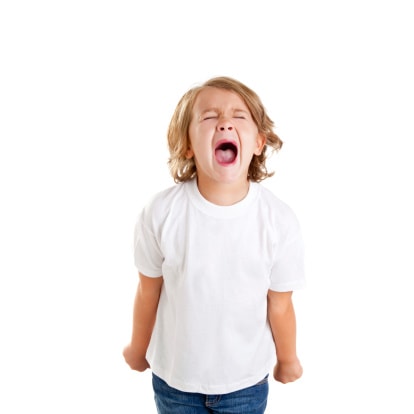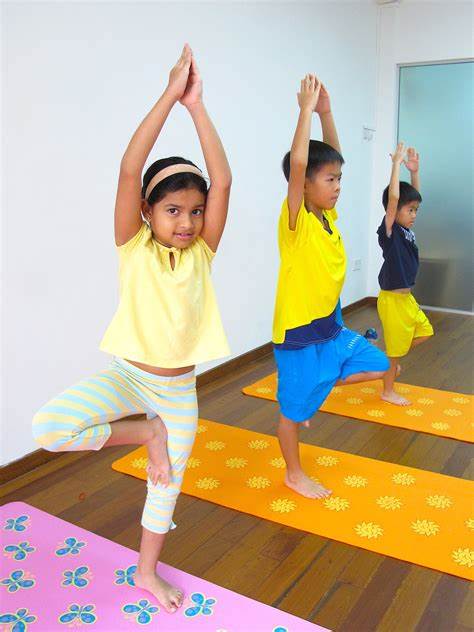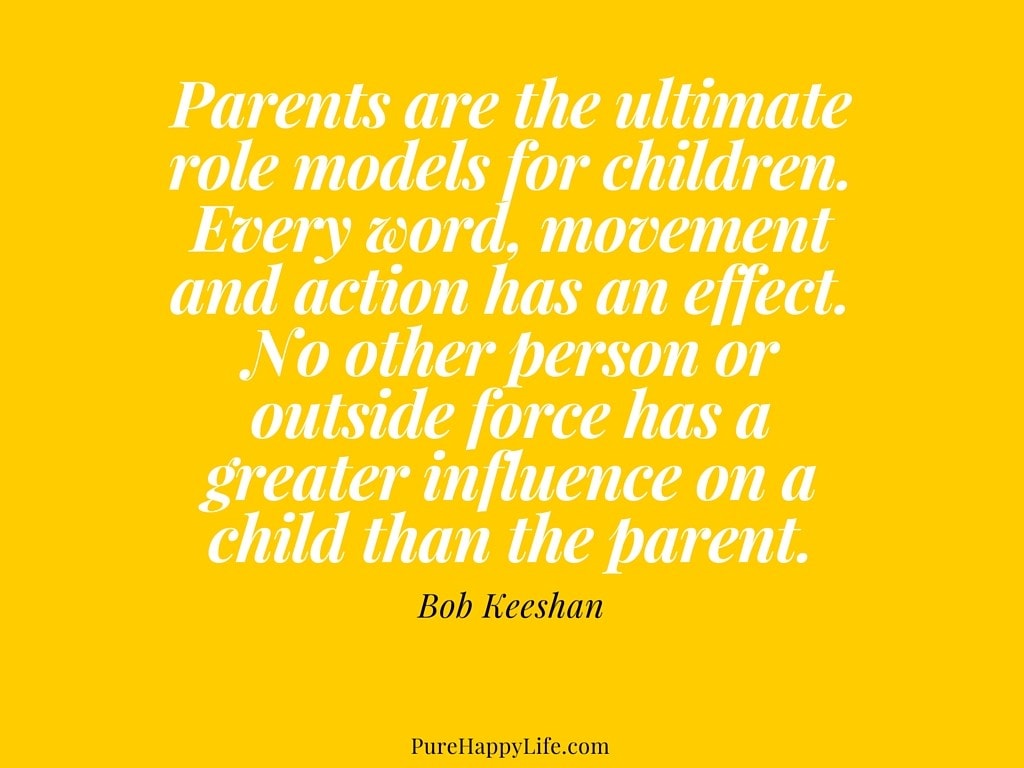Why do some kids struggle with impulse control?

It is normal for kids to have impulse control issues as they have not yet learned how to control/inhibit their emotions and actions.
The moment these impulse control issues are out of sync with the peer
group or causes behaviour/discipline problems then it has to be addressed.
This could also be called self-control issues.

This may look like:
- Running into the street without looking
- Shouting answers in class without waiting your turn
- Blurt out sometimes inappropriate
- Grabs toys from others
- Do silly things to get attention
- Have trouble following the rules consistently
- Class behaviour is inconsistently, and this may influence
- academic functioning
- Have trouble waiting for their turn
- Always wants to last word
- Becoming physically/emotionally aggressive

What influences impulsivity?
- Emotional maturity
- Age
- Lack of sleep
- Stress
- Frustration
- Acting-out behaviour
- ADHD
- Mood disorders
- Time of day
So how can I help my child?
- Find the reason why your child is impulsive. Is it due to attention seeking behaviour/emotional stress/ADHD, etc. Address the underlying cause.
- If your child’s impulse control is due to frustration try to get rid of these feelings daily e.g.:
Throw water balloons against a wall
Scream into your pillow
Hit/kick newspaper held by mom or dad
Break polystyrene
- Find out more about ADHD as this may be the cause
- Teach them ways to control their emotions/actions:

Take deep breaths/walk away from the situation and come back once you have calmed down/talk about this situation is making your feel
- Enough physical exercise e.g., cardiovascular exercise and yoga
- Enough sleep
- Limit screen-time
- Know the rules of each situation e.g., the rules in the class/rules at home
- Teach kids to label what they are feeling – ‘Give your feeling a name’ e.g., sad/frustrated/irritated/stressful/excited. Tell me how you are feeling; don’t show me e.g., tell me you don’t like my answers but don’t slam the door
All feelings are OK and acceptable but the action that go that feeling may be unacceptable
- Get your child to listen to your instructions before jumping into action. Let them repeat the instruction back to you before they can move into action. Eye-contact is especially important
- Teach your child that there is always and alternative solution that shouting/tantrum/hitting
- Be consistent with your child and have a set routine/structure
- Use a reward system if your child can change his behaviour/choose a different solution
- Celebrate the small victories e.g., Diwan did not get upside when told that he couldn’t visit his friend. Praise your child for this
- Parents/teacher need to be a good role-model


